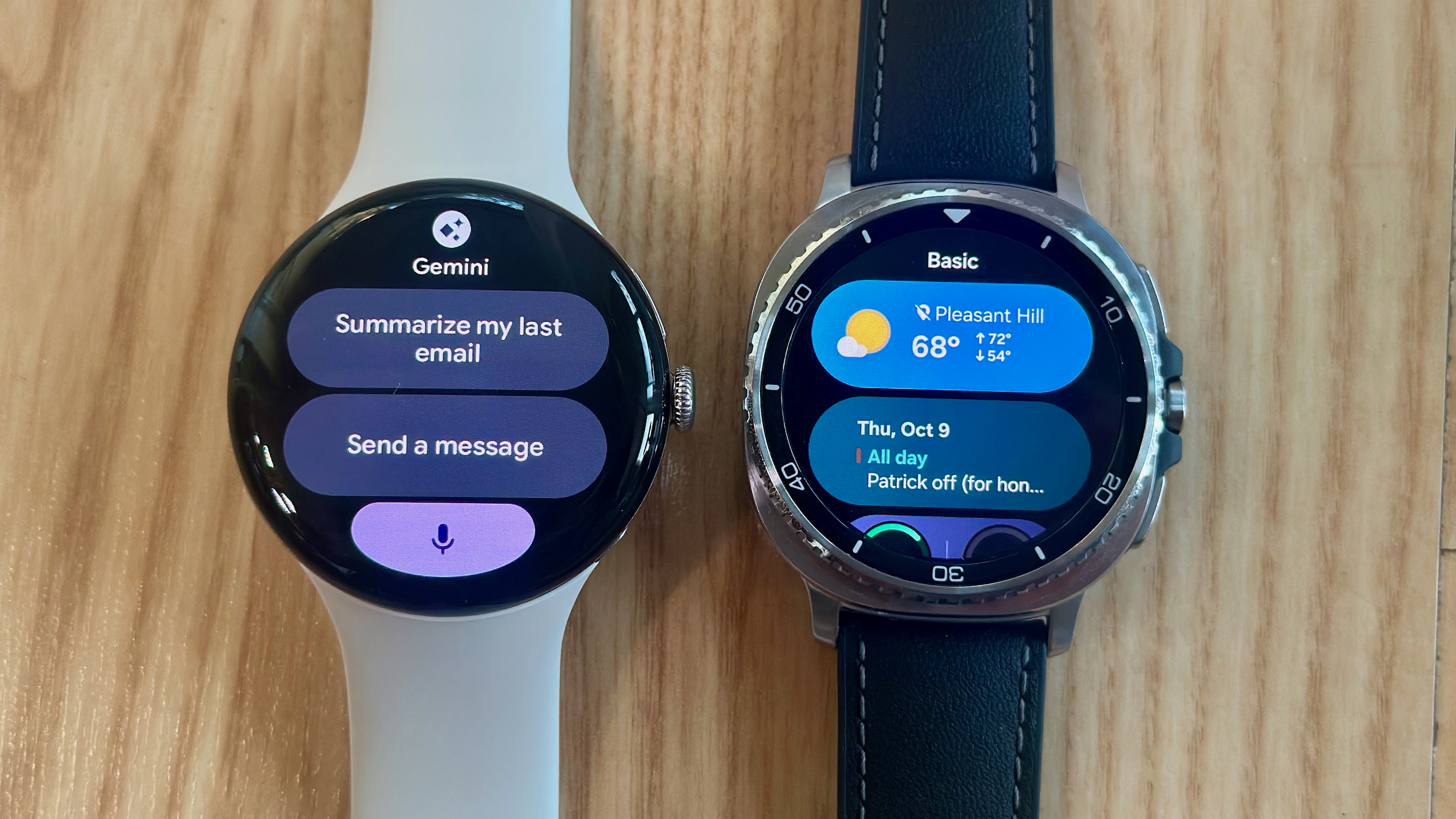Forget about the Pixel Tablet 2. Google, it’s time revamp the Nest lineup
Google didn’t launch a Tablet 2 at I/O 2024 or at its recent Made by Google event. But that’s okay; maybe we don’t even need one.
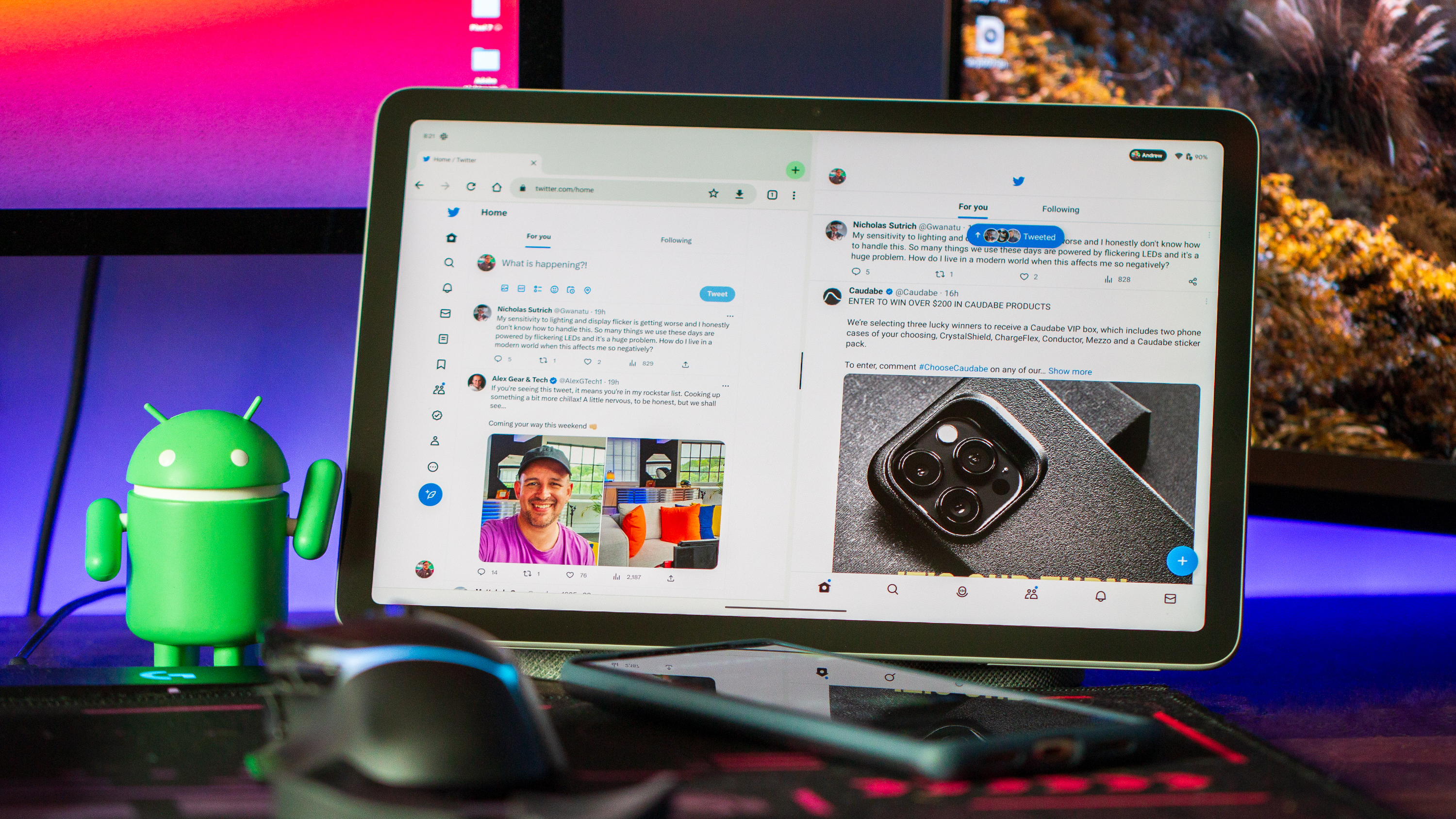
I was very excited when Google launched the original Pixel Tablet last year. I was hoping that the tablet would answer one of Google’s biggest issues: a cohesive and unified smart home strategy.
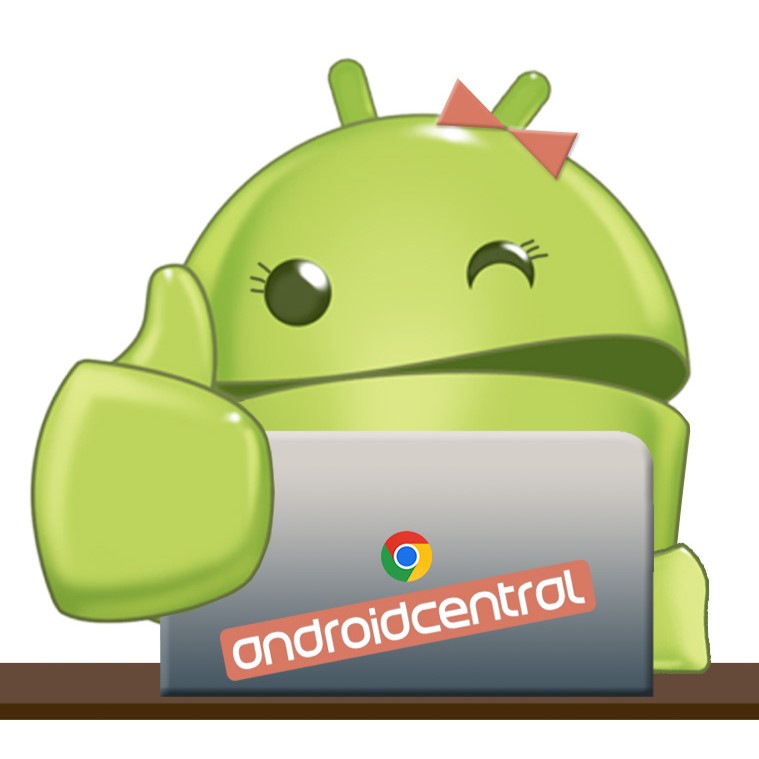
Off the Record is a weekly column written by Android Central's editor-in-chief. The column looks to expand and go in-depth on topics in the Android space without any limitations.
Many people had high hopes for the tablet being the device that integrated all of Google’s smart home products into one cohesive and versatile unit. However, the device functions more or less like a regular tablet with a dock and some smart home features tacked on. To top it off, the experience doesn’t lead it to be the Nest Hub replacement many had hoped for.
So when Google didn’t announce a new tablet iteration during its Pixel event, I wondered if it was either because the company was taking its time by trying to combine its smart home strategy with its new Gemini efforts or if the tablet was maybe just a one-off effort.
Focusing on Gemini and flagship phones
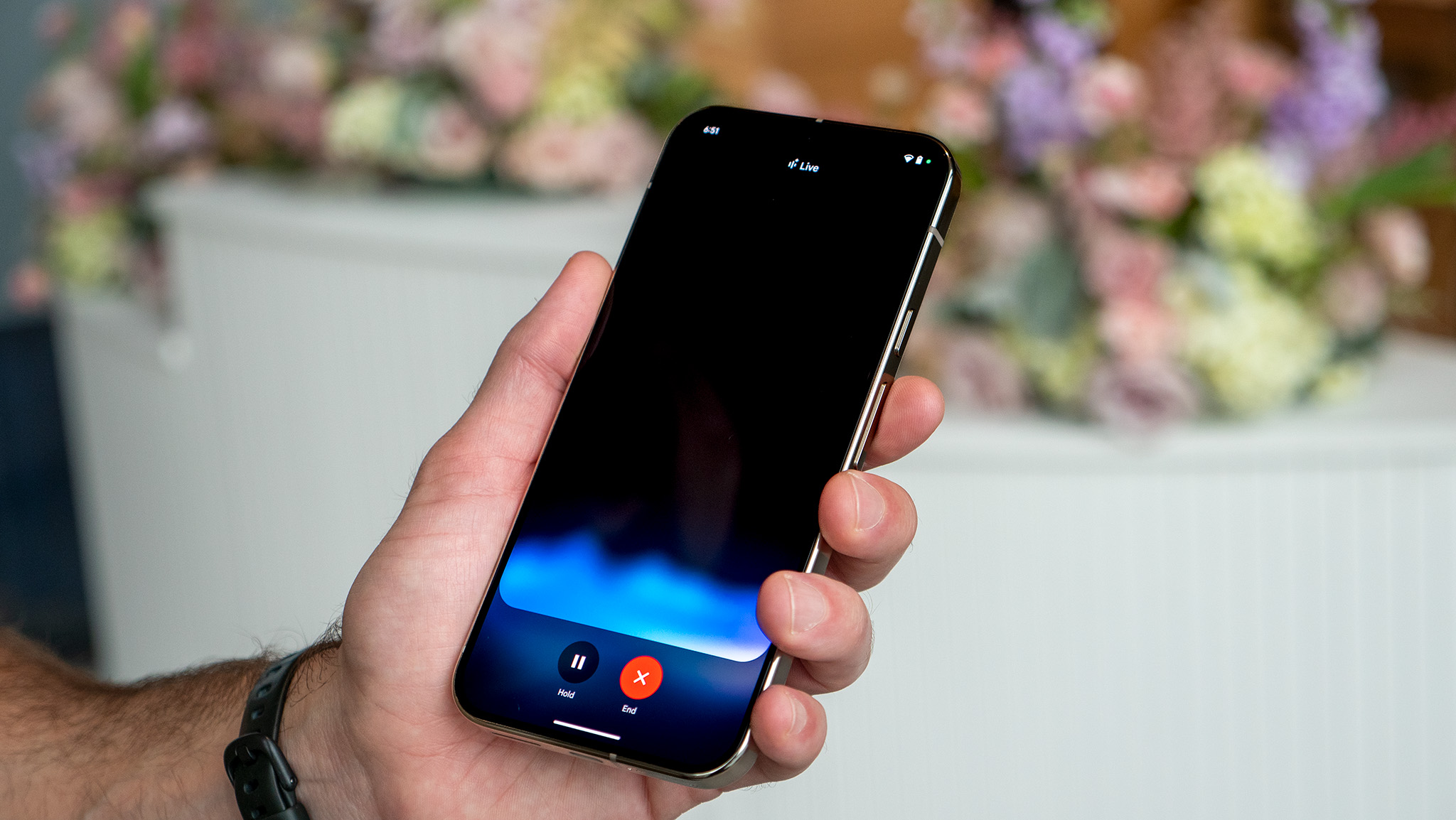
It’s evident that Google wanted to focus on its Android software and the integration of Gemini with its latest lineup of Pixel 9 devices. Before even announcing its devices, Rick Osterloh, senior vice president of platforms & devices at Google, began his presentation by explaining how the company has integrated Gemini into its operating system.
Osterloh announced that Gemini Live will let users engage in a “mobile conversational experience” to discuss “whatever’s on your mind.” The company also detailed how users can now overlay Gemini’s UI on top of any app and that this new feature will work for videos on YouTube, which lets users ask questions about what they’re watching.
It’s obvious that Google cares a lot more about its software than its hardware. In fact, I’d argue that Google’s hardware has been chiefly designed and created as a base point for its hardware and for other Android-based companies to model off of.
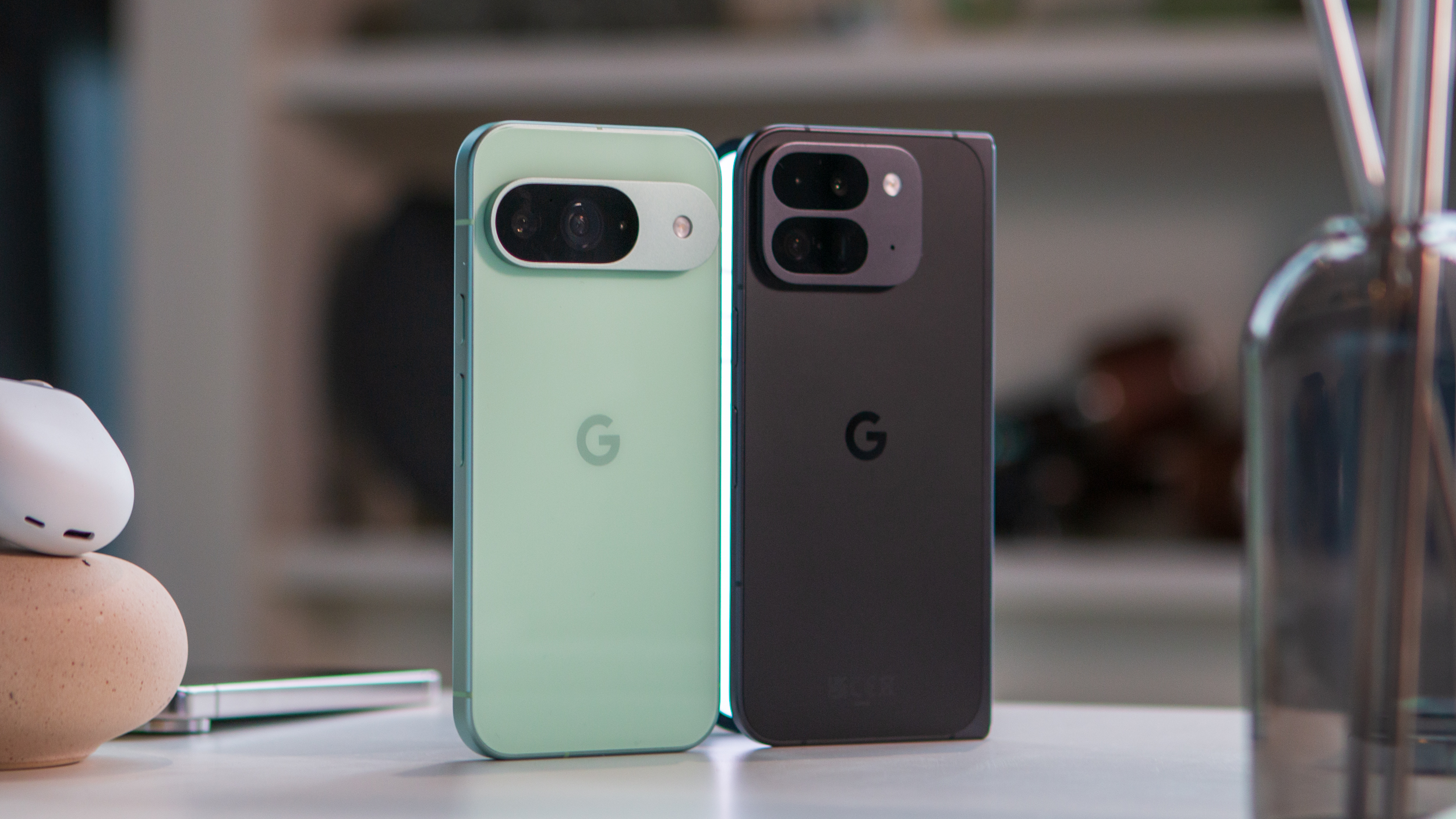
And here’s why I think the company didn’t launch a Pixel Tablet 2: Right now, it doesn’t really care about a large-screen tablet and wants to focus on perfecting its Gemini strategy. By solidifying this, it will then be able to reinvent its smart home strategy around the experience, which should be integrated with Gemini, something we’ve already started seeing with Google Home.
Get the latest news from Android Central, your trusted companion in the world of Android
Gerrit Schneemann, senior analyst at Counterpoint Research, added that launching Gemini Live and integrating it with its new Nest Thermostat was key and, in my opinion, likely the first thing the company needed to do to kick off this strategy. However, he adds that instead of a mobile hub, perhaps having a dedicated smart home device to combine all of Google’s smart home devices is necessary; an app could be enough.
“Especially with Gemini Live, voice becomes an even more prominent part of the user experience. And again, having a duplicate mobile screen in the home along with smartphones, doesn’t seem to add much to the value proposition,” he said. “A tablet that moves around maybe amongst users as well could easily not be where it is needed most (kitchen, side table, etc.) because someone removed it.”
Do we even need a Pixel Tablet?
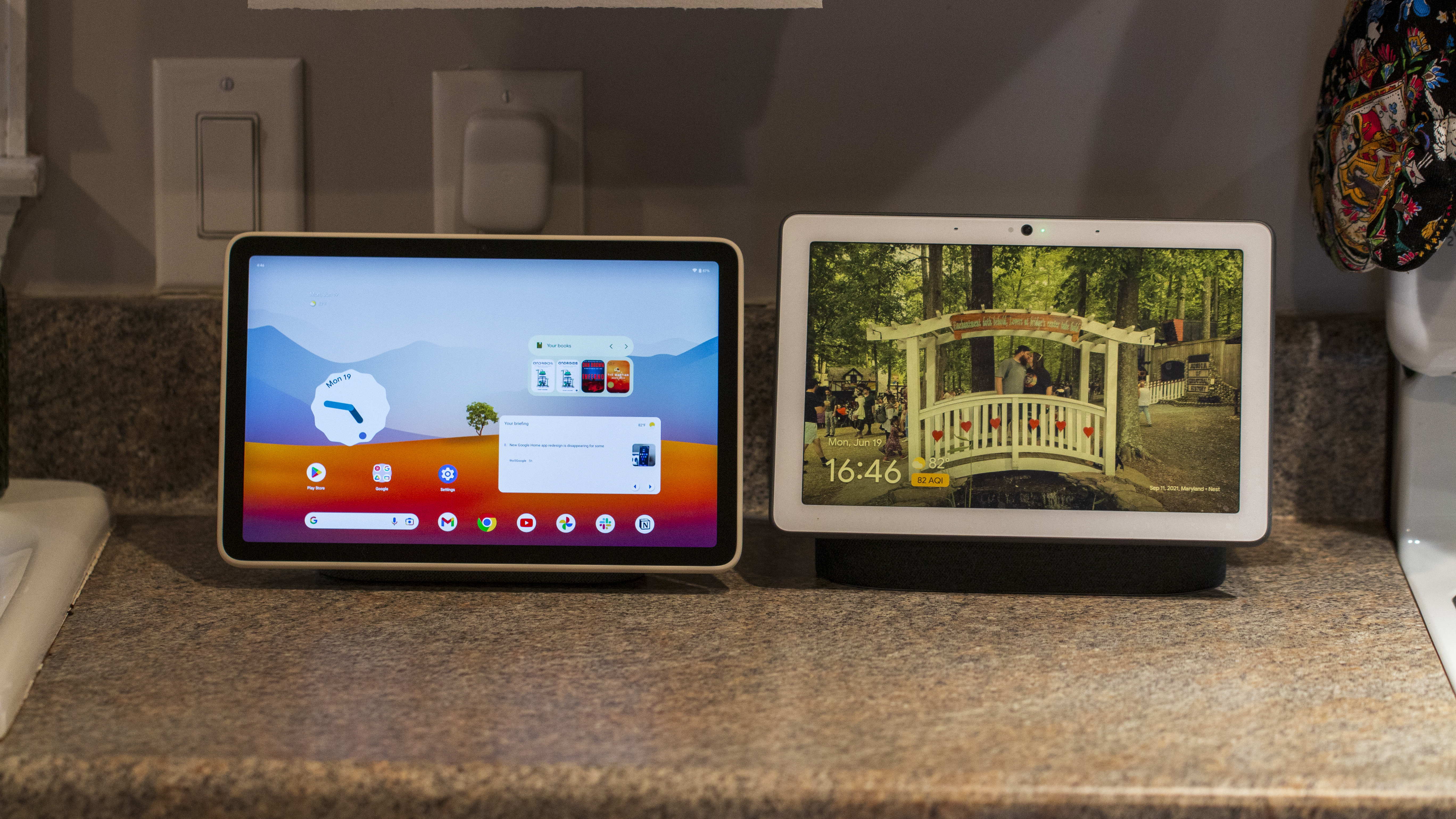
Schneemann makes a very valid point: Why would someone want to keep moving their main hub around? And the more I think about it, the more I ask myself: Does Google even need a tablet to double as a dedicated point of service for all of your smart home devices?
At the time of writing this article, all of my smart home devices are on Google. We have a thermostat, Nest Wi-Fi system, doorbell, and speakers. Everyone in my household uses the dedicated Google Home app to control everything.
For some reason, when I got the Pixel Tablet last year, I pictured myself using it similarly to how I used the Nest Hub Max, but in almost a more futuristic way. At the end of the night, I pictured myself taking the tablet to the bedroom, shutting things down, fixing the temperature of the home, and settling into bed. That was far from the case.
Instead, the tablet replaced our Nest Hub Max and was barely touched. I used it as a speaker occasionally while I cooked. However, I didn’t think the connection to the tablet was that great, and every time I tried to set a timer, it never worked. It came to a point where I was considering switching back to the Hub Max.
In his comparison piece, Tshaka Armstrong also points out similar limitations to the Pixel Tablet’s Hub mode that seemingly fall short of the five-year-old Nest Hub Max. He also notes that his family isn’t big on tablets and that the Pixel Tablet will often be used to watch the occasional show in bed, although even this comes secondary to just using an actual TV.
However, that’s not to say there aren’t some who find the Pixel Tablet genuinely helpful. As noted by Armstrong, “the [Nest Hub] Max is going to be a stationary device, while you’re going to get so much more flexibility, and ultimately usability, out of the Pixel Tablet,” even if it takes time for Google to improve the experience.
The Pixel 9 Pro Fold is the new Tablet
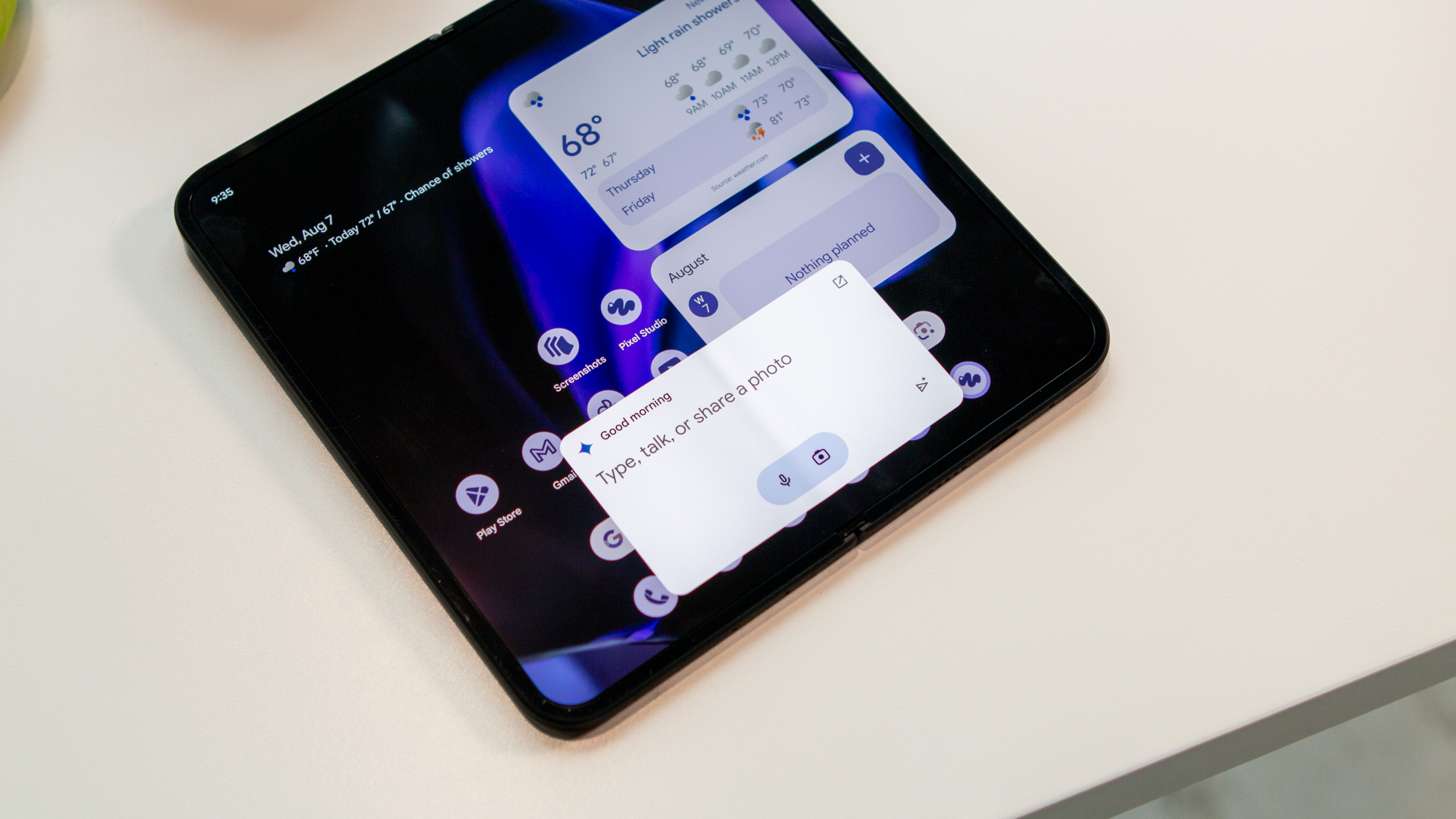
I would argue this further by adding that perhaps Google may not even continue launching tablets because it has designed the Pixel 9 Pro Fold device to act more like the tablet you need.
Schneemann notes that with the larger 8-inch internal display, the company is basically reaching tablet size.
“Of course, this is a super-premium device with limited global availability. It’s even less likely to be a dedicated [smart home] device. But it shows that Google is thinking about the larger screen form factor — just hasn’t found the right positioning for its tablets after years of underdevelopment in the platform.”
There's also another side of that argument: is there even a market for tablets right now?
Jitesh Ubrani, research manager for IDC's Worldwide Device Trackers, says that the current model of the Tablet isn’t a bestseller and “demand for traditional tablets ahs been wanning for some time.”
“While it would be great to align the launch of a new tablet with their other devices, tablets are often one of the least used compute devices for consumers and their refresh cycle has been growing, making them a lower priority for both consumers and device makers.”
It’s time for a Nest revamp
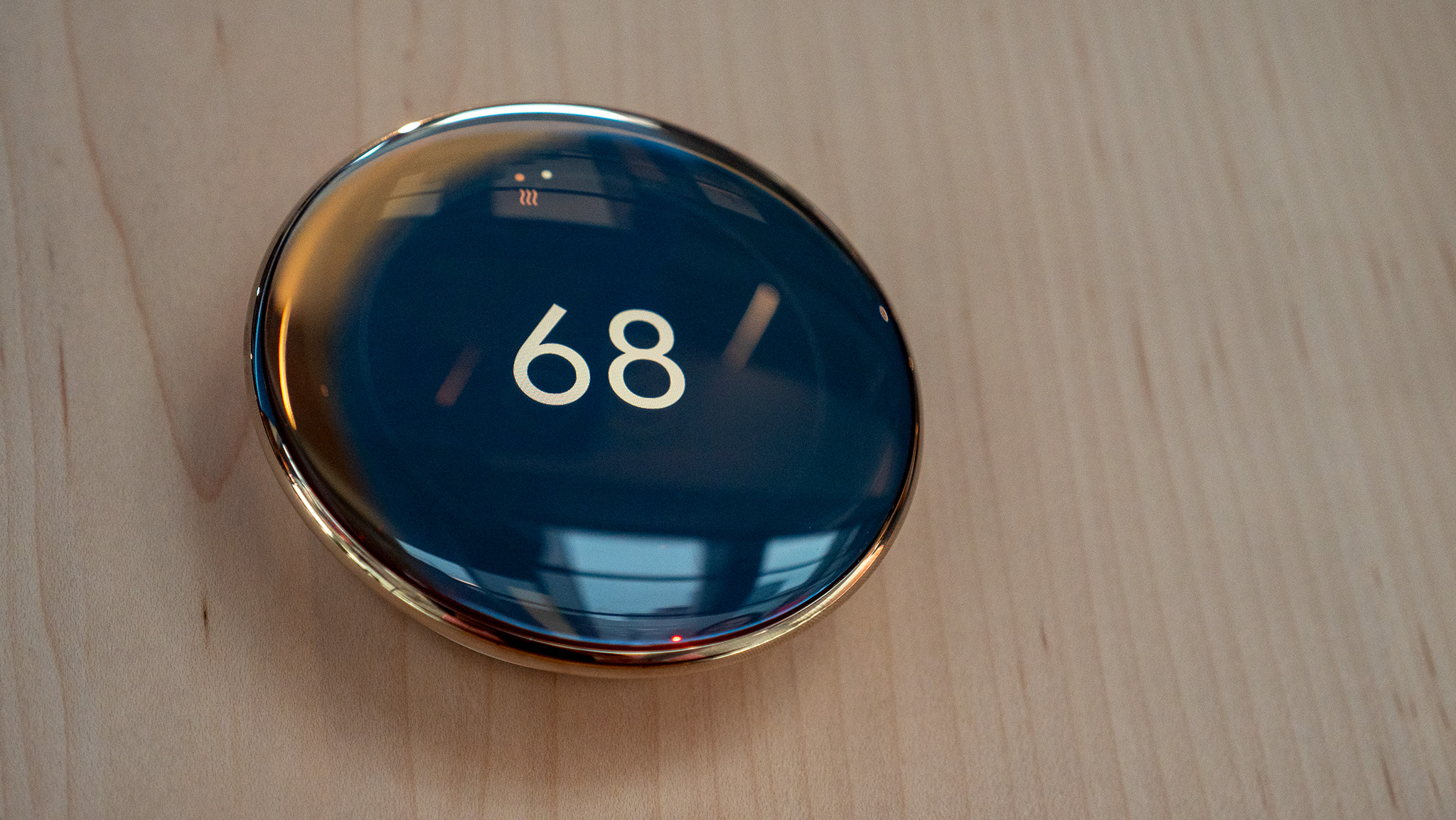
So, while a tablet may not be exactly necessary, I still think Google needs to develop a much more unified smart home strategy, and we definitely need new Nest hardware.
Of course, I asked our senior editor and resident tablet expert—as well as smart home aficionado—Andrew Myrick, his thoughts. He told me that it was odd to see Google announce an unprecedented number of devices within a two-week span and even more confusing that it’s been years since the Nest Hub has been refreshed.
He thinks this either means that we are in store for an overhauled Nest lineup sometime in the near future and that the company is “likely using the Pixel Tablet and dock design as the centerpiece.”
“Or Google is abandoning the Tablet again, and we’ll only see remedial improvements to its smart home speakers,” he said. However, like my own assumption, Myrick also believes that none of this will happen until Google has further advanced Gemini.
I love Google’s smart home devices. They’ve never failed me and have brought a lot of seamless integration into my home. However, I would love a better strategy here, one that is a bit more elevated, includes more of Gemini, and maybe has a single point-of-service hardware device akin to the Nest Hub Max, but with the kind of upgrades we’d expect in 2024.

Shruti Shekar is Android Central's Editor-in-Chief. She was born in India, brought up in Singapore, but now lives in Toronto. She started her journalism career as a political reporter in Ottawa, Canada's capital, and then made her foray into tech journalism at MobileSyrup and most recently at Yahoo Finance Canada. When work isn't on her mind, she loves working out, reading, watching the Raptors, and planning what she's going to eat the next day.
You must confirm your public display name before commenting
Please logout and then login again, you will then be prompted to enter your display name.
